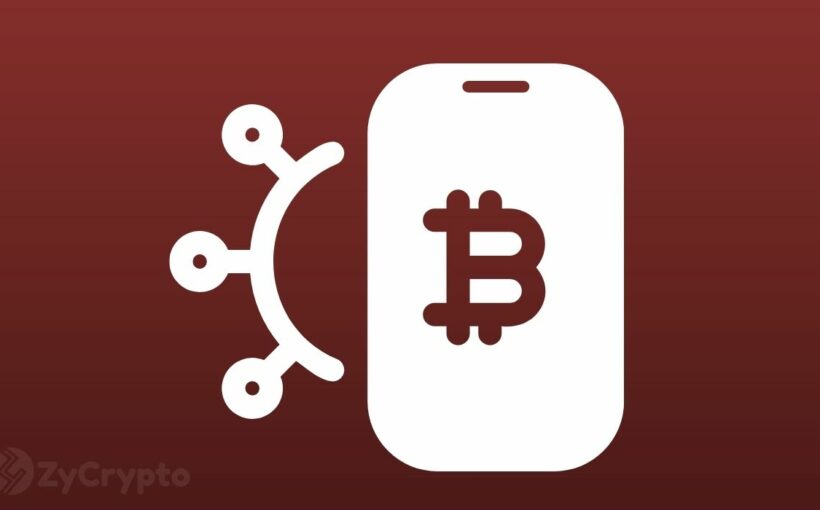Indonesia is considering setting up a national crypto exchange to keep pace with the fast-changing financial landscape.
Citing a Wednesday report by Bloomberg, the exchange is expected to launch later this year before the country assigns the Financial Services Authority (FSA) control over such assets. Presently, crypto assets in Indonesia are policed by “Bappebti” -the country’s commodities futures trading regulatory agency responsible for regulating commodity contracts.
Confirming the plan on Wednesday, January 4, Bappebti acting head Didid Noordiatmoko noted that the move was part of the country’s broader financial sector plan.
“The FSA will assume regulatory power over the assets over the next two years, by which time the exchange should be set up,” said Noordiatmoko.
The statement comes even as lawmakers push for a regulation seeking to task the FSA with regulation strengthening supervision and oversight of crypto-assets which have been booming in the South East Asia nation. Lawmakers presented the draft law in September 2022 following the Terra-induced turbulence by cryptocurrencies and the need to tighten the regulation of crypto exchanges.
Despite adopting a strict anti-crypto stance in the past, partially due to local regulations and Islamic laws, Indonesia has been loosening its noose, opting for progressive regulations as demand for crypto assets continues to soar. According to the country’s trade ministry, as of November 30th 2022, there were 16 million crypto investors compared to 11.2 million at the end of 2021.
Despite the ongoing crypto winter slashing trading volumes globally, statistics provided by the trade ministry showed that Indonesians traded 212 trillion rupiahs ($14.3 billion) worth of crypto in the first half of 2022. Presently 383 crypto assets and 10 local coins can be traded by Indonesians, with another 151 assets and 10 coins under evaluation by the Bappebti.
It is important to note that while trading in digital assets is legal in the country, the use of crypto payments as a form of payment is prohibited in Indonesia after the country imposed a blanket ban on the practice in 2017. That could change if the proposed law on moving crypto assets from the Bappebti to the FSA is passed.
Source: Read Full Article
